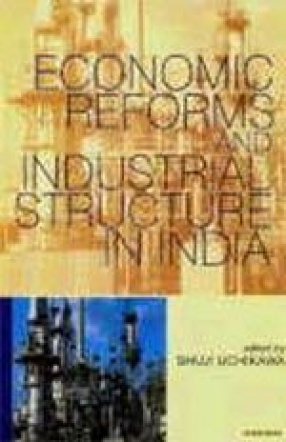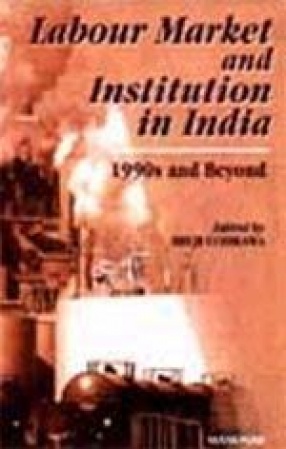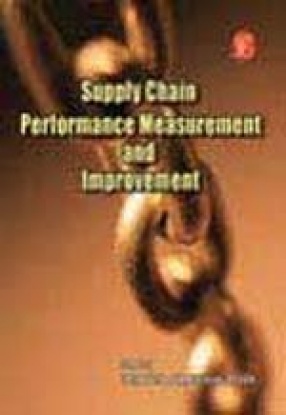Subtotal: $22.50
Economic Reforms and Industrial Structure in India
In stock
The purpose of this study is to examine the impact of economic reforms on Indian manufacturing sector. Macro economic policies were changed in 1991 after the Indian economy faced balance of payment crisis. Indian industries were exposed to not only competition in domestic market but also competition with imports. The pressures from WTO encouraged trade liberalization. The wave of globalization swept over India. 1991 was the turning point of economic policies. However, economic liberalization has started back in the 1980s. Rupee exchange rates had been devalued gradually in the 1980s. In the process, industrial structure changed in some industries. In this study, therefore, we define economic reforms in a larger scene. They include reforms in the 1980s. Each industry group had different impact. We analyse each industrial group, i.e. capital goods, intermediate goods, consumer non-durable, and consumer durable goods industries. In capital goods industries, the organized sector is playing an important role. Intermediate goods industries are heterogeneous. Economies of scale are important in petrochemical and iron and steel industries. In consumer non-durable goods industries, the unorganized sector is playing an important role in production as well as employment. In consumer durable goods industries, many foreign companies have entered. It seems that while growth rates of production and labour productivity shot up after economic reforms were implemented, prices went down. Economic reforms were effective to strengthen competition and improve efficiency. On the other hand, growth rates of production have declined since the mid-1990s. The impact of economic reforms have been limited.

 The Lion of Parliament: Dr. Syama Prasad Mookerjee
The Lion of Parliament: Dr. Syama Prasad Mookerjee 





There are no reviews yet.